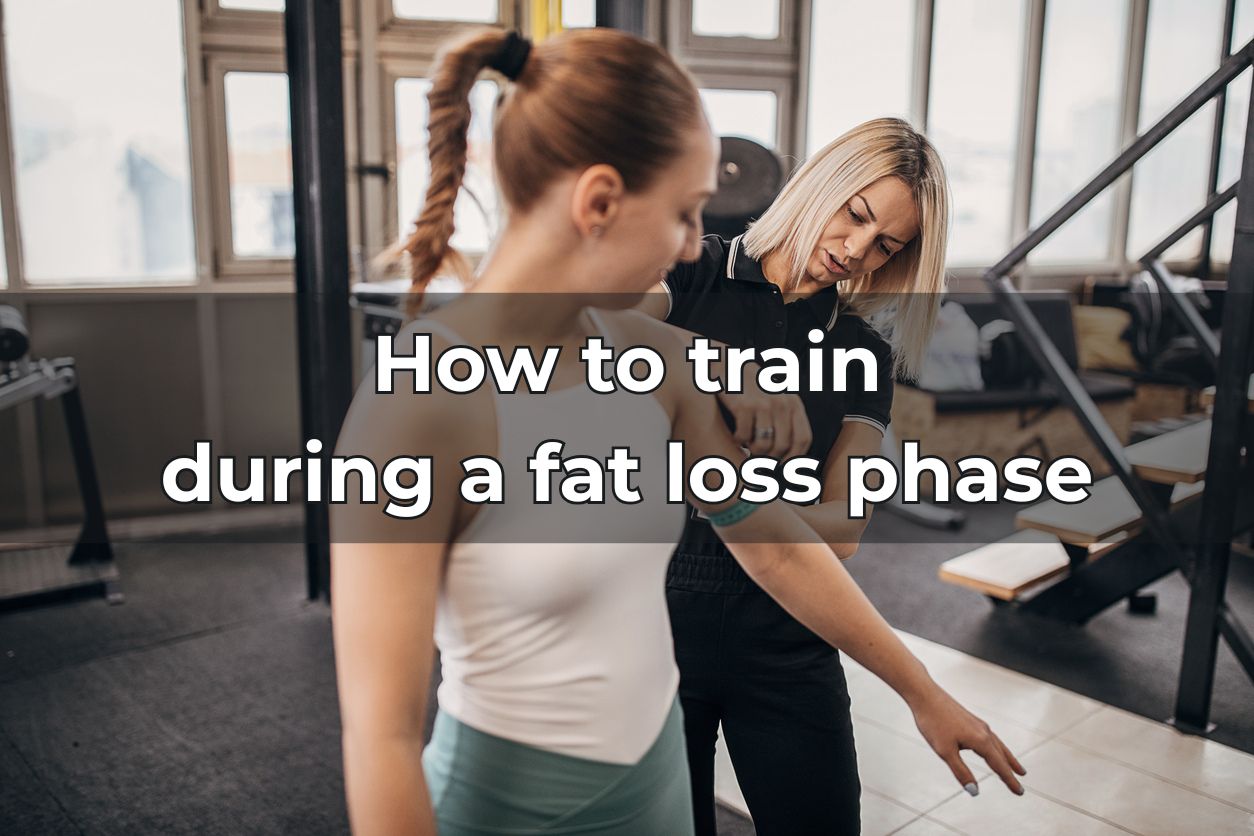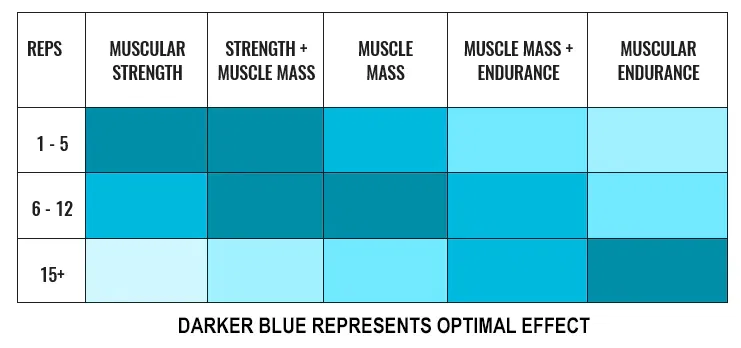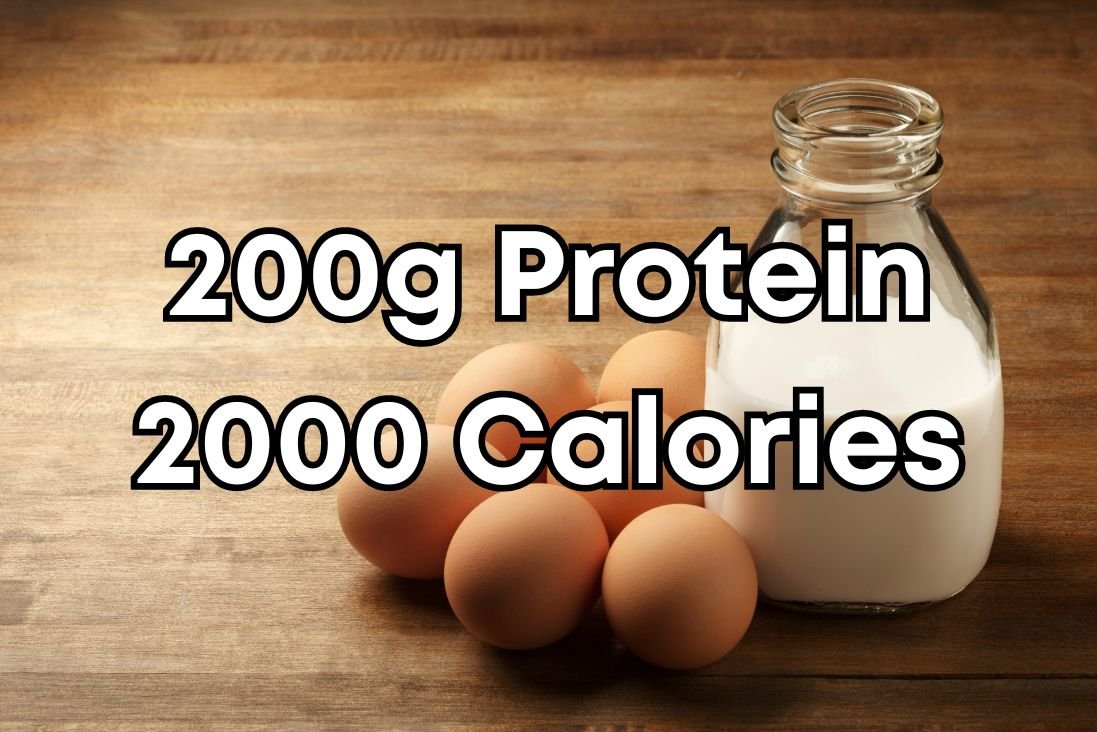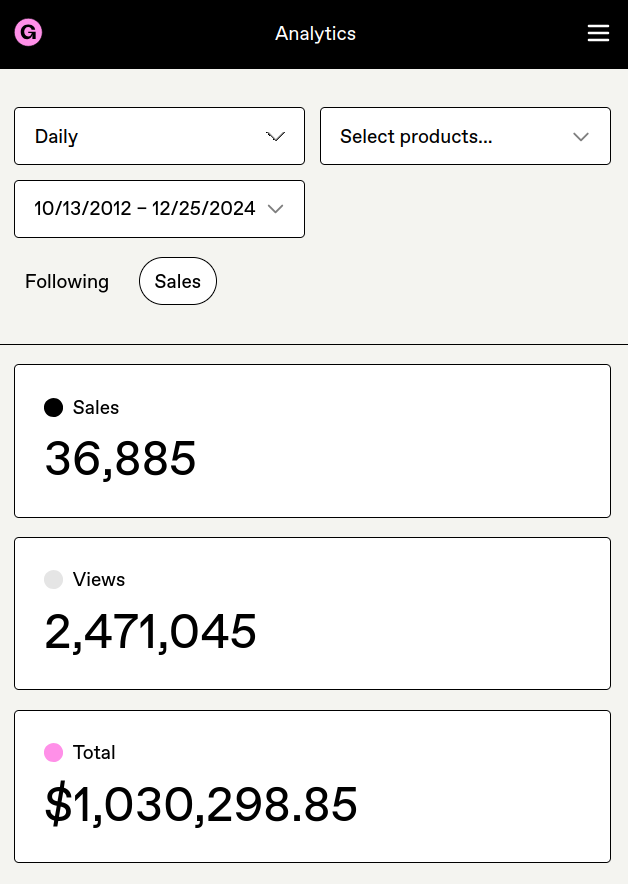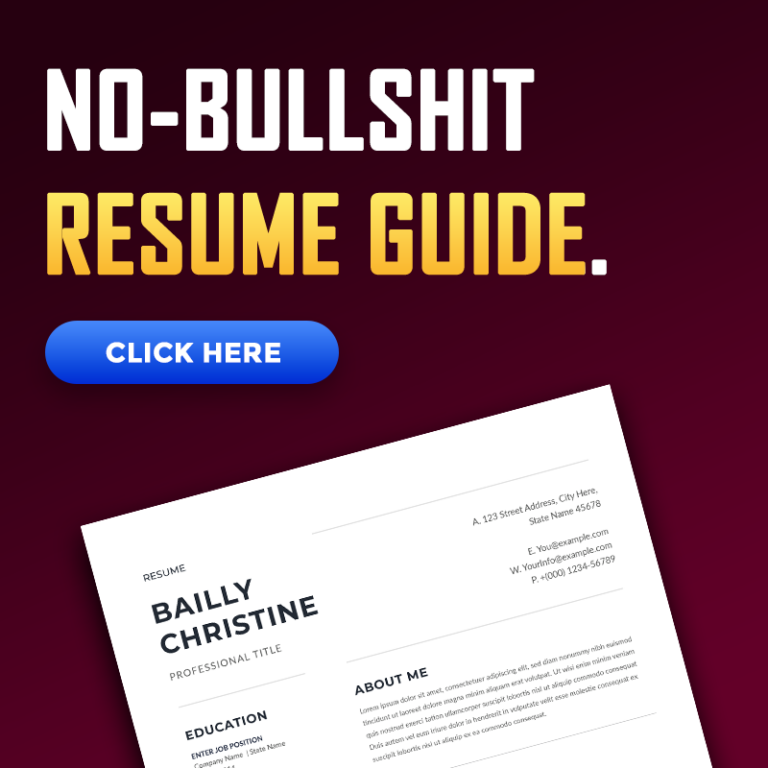Note: To make sure I didn’t miss anything in this piece, I referred Lyle McDonald’s The Protein Book as I wrote it. If you are interested in this topic, I strongly recommend purchasing it. Lyle is THE expert when it comes to nutrition and lifting.
In the previous part of this series, I talked about protein quality. In this part, I want to talk about BCAAs, Leucine, and amino acid supplements.
What are the BCAAs?
Of the 9 essential amino acids, there are 3 that are the Branched-Chain Amino Acids (BCAAs):
- Leucine
- Isoleucine
- Valine
They’ve been heavily marketed in the last few decades. You’ve probably even seen people sip BCAAs in the gym.
But why is this the case?
Why are BCAAs special?
Note: This explanation has been simplified and shortened because this is a series on nutrition for hypertrophy, not protein digestion.
The BCAAs are special because unlike all the other amino acids, they don’t seem to get buffered by the liver. They end up directly in the bloodstream.
Amino-acids end up in the liver after they are absorbed by your gut. The liver releases the amino acids in some ratio into the bloodstream. Anything in excess is oxidized (burned off for energy) [Hepatic metabolism].
BCAAs are an exception to this rule. The BCAAs largely escape initial hepatic metabolism (breakdown in the liver) because the liver has very low BCAT activity (Branched-chain amino acid aminotransferase, the enzyme which breaks down BCAAs).
Skeletal muscle becomes the main site for BCAA breakdown and utilization.
For this reason, for anything other than the three BCAAs, the ratio of amino acids in your diet barely makes a difference in the ratio of amino acids in your blood. If you have too much of an amino acid, it is oxidized in the liver for fuel.
If you have too little of one essential amino acid (limiting amino acid), as far as the liver is concerned, it means you have too much of everything else, and they are all burned off. This is why it’s so important to make sure that there are no limiting amino acids.
This unique feature is why BCAAs can rapidly support muscle protein synthesis (MPS) and energy production during exercise or times of metabolic demand. And this is why the BCAAs are so interesting to people who want to build muscle mass.
Why is leucine extra special
For a long time, it was known that the BCAAs activated protein synthesis in skeletal muscle. Later more research showed that this effect was to a large part due to the leucine component of the BCAAs.
The other two BCAAs (Isoleucine and valine) contribute to mTOR pathway activation and anabolic signaling, but their effects are less pronounced than those of leucine.
For this reason it’s become common for people to supplement BCAAs or free form leucine and you will see many people on the internet recommend you to do so.
Does this actually matter though?
Reading the last section, you might think that we can build muscle by just taking leucine. After all it activates mTOR.
There are a few problems with this approach.
Leucine only activates mTOR. This is necessary for MPS to take place, but not sufficient for it.
This is why simply eating leucine (or a high protein diet in general) does not automatically make you jacked without resistance training.
To draw an analogy, opening the lock to your house is necessary for walking inside it. But you also need legs, and a reason to go inside. If I open the lock of your house but chop off your legs, you can’t walk inside.
Likewise, even with the lock open and your legs intact, you won’t walk inside if you have no reason to do so. And if I push you in, you will walk out because you have no reason to be inside.
Leucine alone is like opening the lock. But no legs or reason to go inside.
Leucine + all the other amino acids are like opening the lock and having legs to walk in. But no reason to do it.
Leucine + other amino acids + exercise is like opening the lock, you having legs, and someone with a gun threatening you to go in or else.
Hypertrophy is an adaptive response to mechanical overload. Your body doesn’t build muscle for fun. It does it because it’s forced into doing it.
Even in situations where the body builds some tiny amount of muscle from dietary factors in the absence of exercise, the body breaks it down later because it doesn’t need the muscle (diurnal cycling).
You are already getting MORE THAN PLENTY of leucine and BCAAs if you’re eating the recommended protein intake.
All protein sources have some BCAAs and leucine. The sheer quantities of protein lifters need to eat gives them plenty of everything.
Leucine and BCAA content in a variety of foods
| Food | Leucine | BCAAs (Leucine + Isoleucine + Valine) |
| Whey protein isolate | 11% | 22% |
| Milk protein | 10% | 21% |
| Meat protein | 8% | 18% |
| Soy protein isolate* | 8% | 18% |
| Wheat protein | 7% | 15% |
As you can see, all protein sources contain quite a bit of leucine and the other two BCAAs. With milk containing the most of them. Which makes sense given that it is a food specifically designed to help young mammals grow.
Which means you will easily get plenty of BCAAs and leucine if you follow our protein recommendations simply because we are eating so much protein. The sheer quantity of protein is so high that you get more than plenty.

With our recommendations, an 80kg person will be eating about ~200g protein per day. That means he will get 15-22g leucine and 30-45g total BCAAs spread across the day.
Again the low end is for a hardcore vegan, the high end is someone only eating milk products (meat protein is closer to plant protein than milk as far as leucine and BCAAs are concerned).
That’s more than enough leucine and BCAAs spread across the day.
In other words, if you’re following the protein recommendations in this series, you don’t even need to think about leucine and BCAAs.
AT ALL.
Thoughts on EAA, BCAA, leucine, and other individual amino acid (like Glutamine) supplements
To re-iterate from the previous section, if you’re eating the recommended protein intake, you are going to get more than enough of all the BCAAs (which includes leucine).
The same thing is true of all the amino acids. Adding more leucine or BCAAs or all the EAAs or any one other particular amino acid ON TOP OF A DIET THAT ALREADY GIVES YOU PLENTY OF ALL OF THEM is not going to make one lick of difference.

These supplements are pure and simple money grabs by the supplement industrial complex. They charge insane prices for these amino acids that you can easily get from diet alone.
The only time these supplements can even be useful is when you’re not consuming enough protein.
And even then you get far better results (on both your time and money) by adding more protein instead of these amino acid supplements. Refer to the hierarchy of nutritional priorities that started this series.
The studies supporting BCAA supplements are trash
In all the studies where EAA or BCAA supplements made any difference, they were eating barely any protein. Less than 1/3rd of the amounts of our recommended protein intake. Of course if you eat very little protein, then adding more BCAAs will make a difference.
The most commonly cited study in favor of BCAA supplements is an Italian study (not translated in full to English, although the abstract is available here) that compared very high BCAAs before and after training to a non-caloric placebo. That is, it compared high dose of BCAAs before and after training to nothing around training.
Their methodology had 100kg athletes consume 40 grams of BCAAs around training (half before half after). The other group got nothing before and after training.
The BCAA group showed greater improvements in weight and in squat and bench performance and this has often been used as a justification for the consumption of massive doses of BCAAs around training.
But of course something is better than nothing.
We need to see a study that shows that these supplements have any impact on hypertrophy in the presence of a high protein diet that most lifters go to great lengths to eat.
So far that does not exist.
Actually there is one study that compared 3 groups – carbohydrate only, a whey/casein mixture (casein is a milk protein), and a whey/BCAA/glutamine (whey and amino acids) mixture group over 10 weeks of heavy resistance training. They found that the whey/casein group got the most LBM gains.
So the one study that compares whole proteins to protein with BCAAs spiked in them finds that the whole proteins produced superior lean mass gains.
The long story short is that if you’re eating enough protein, you don’t need any amino acid supplements whatsoever.
The exception
Again, the one exception to all of this is what I stated earlier in the previous piece: If you are getting most of your protein from a single low quality protein source (often seen in poor developing countries), you might be creating a limiting amino acid in your diet.
In your specific case, it can be very valuable to figure out what that is and supplement that individual amino acid.
There are no magic pills or supplements
The fitness and supplement industry loves to come up with magic pills but the vast majority of them make no appreciable difference. Refer again to the hierarchy of nutrition priorities.
Not only are amino acids really expensive gram for gram, but they also make negligible impact for any serious lifter who is already going to be eating plenty of high quality protein sources.
You are much better off just drinking more protein powders than adding BCAAs (both financially and gains wise).
Also free form amino acids taste worse than shit. They will make you gag and want to puke with each sip. You could not pay me to drink them.
I got a packet of Leucine once and after a few sips, the entire packet went in the bin. But that was a long time ago and flavoring technology could have improved by now.
Outside of protein powders, most bodybuilding supplements do not work. That testosterone booster they’re saying you need is no better than eating a multi-vitamin.
The industry relies heavily on marketing. The substance isn’t there for the most part. Most companies are just reselling product from some cheap Chinese manufacturer.

There are even seminars for supplement entrepreneurs on how they can market maximum features without breaking the law (skirting the line of meeting the criteria for false advertising).
Some of these are paying influencers to say it for you, carefully worded testimonials that can’t be directly disproved, generic claims like “science-backed”, etc.
In fact there is a joke in the fitness industry that goes like this “If it’s legal it doesn’t work.” And there is a lot of truth to it.
There are some exceptions like creatine. But that will be discussed much later in the series.
In the next piece, I’m going to talk about protein speed.
– Harsh Strongman
| Title |
|---|









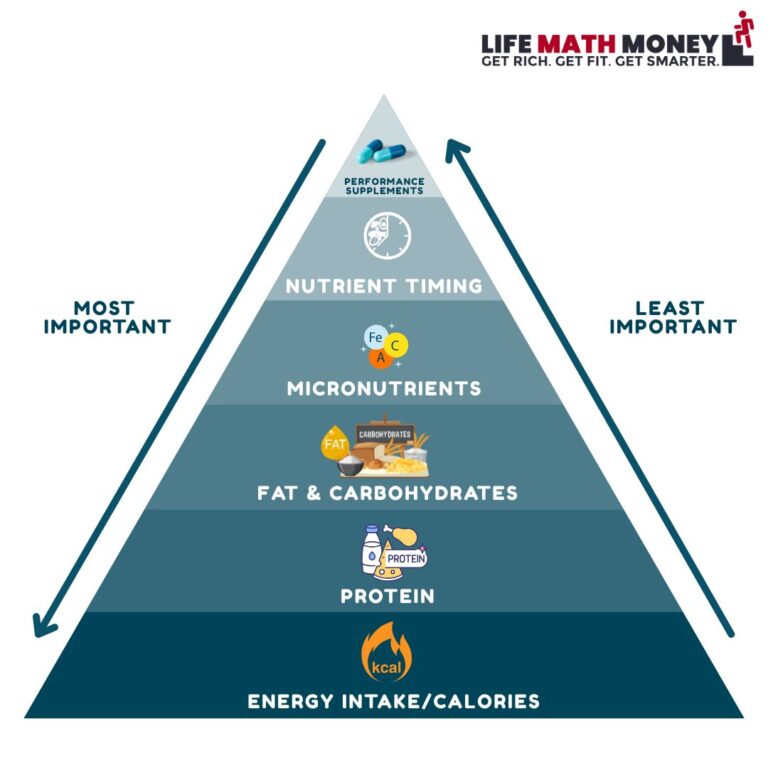
![Traits Women Find Attractive Traits Women Find Attractive (And How to Score Yourself) [PART 1: Physical Aspects]](https://lifemathmoney.b-cdn.net/wp-content/uploads/2025/11/Traits-Women-Find-Attractive-1.jpg)











